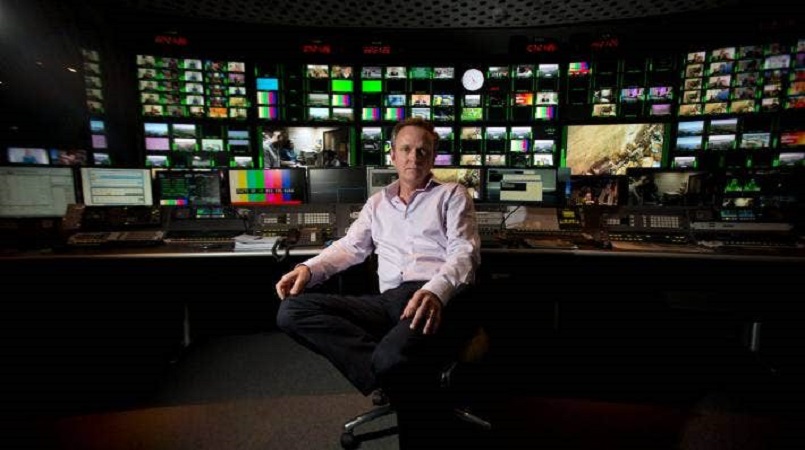
Television New Zealand more than doubled its profit to just under $34 million in the six months to the end of December, largely thanks to lower programming costs that stemmed from Covid.
Revenues slipped $3m to $175m due to a drop in advertising.
But the state-owned broadcaster said it experienced “positive audience and revenue momentum” in the final quarter of last year which had continued into the new year.
Because of that, it expected to “significantly exceed” its financial forecasts for the full year to the end of June.
The company’s profit was up from just under $16m in the same period in 2019, thanks to a $33m drop in costs, almost three-quarters of which was attributable to lower spending on content because of Covid.
Chief executive Kevin Kenrick said TVNZ had decided to repay $4.9m in wage subsidies it received last year.
The broadcaster said it had qualified for the assistance because of a revenue drop it experience during the crisis, and the repayment was voluntary.
“TVNZ is grateful for the assistance offered by the Government at a time of great uncertainty and significant income reduction,” Kenrick said.
He assumed TVNZ’s board would review whether it should resume paying dividends to the Crown once it posted its full year result, but said it made sense to be cautious while the industry remained volatile.
TVNZ reported its result as the Government progresses work on a business case to merge TVNZ and RNZ into a new public media organisation.
Kenrick said statements from Broadcasting Minister Kris Faafoi indicated “a level of commitment” to go ahead with the plan, subject to Cabinet being satisfied with the business case.
“The thing that really needs to get teased out via that business case is which content would have advertising and which content would be ad-free,” he told Stuff.
His understanding was Faafoi wanted to establish the new entity within the current parliamentary term.
Kenrick – who joined TVNZ from House of Travel after a long stint at Spark – has at times appeared lukewarm about that proposal, telling a select committee last February that “all you are going to get out of a new structure is ‘a structure’”.
Three months earlier he wrote to advertisers to reassure them about the impact a merger might have on them, amid speculation a merger might see TV1 go commercial-free.
Better Public Media chairman Peter Thompson has expressed doubts about the proposed merger, but for different reasons and has called for the Government to share more information on its plan.
He has warned it will not be simple to "glue public service and commercial priorities together in the same institution” without significant compromises.
TVNZ has faced some disappointments amid the havoc wreaked on the media sector by Covid.
TVNZ appeared to score a huge coup when it secured the free-to-air rights to the 2020 Olympics from Sky in 2019.
That was to have been one of the highlights of a major reinvestment in local content, before the games were postponed because of the pandemic.
Commercial rival MediaWorks TV meanwhile achieved a Houdini-like escape from its financial troubles after that business was bought by the deep-pocketed US broadcaster Discovery in September.
The first half of this year would see “plenty of live sport action”, TVNZ said in a statement, including the Prada America’s Cup, International T20 and Super Smash cricket and “hopefully the Tokyo Olympic and Paralympic Games”.
“In addition, TVNZ is producing content for its most significant investment in local entertainment content for more than a decade,” it said.
